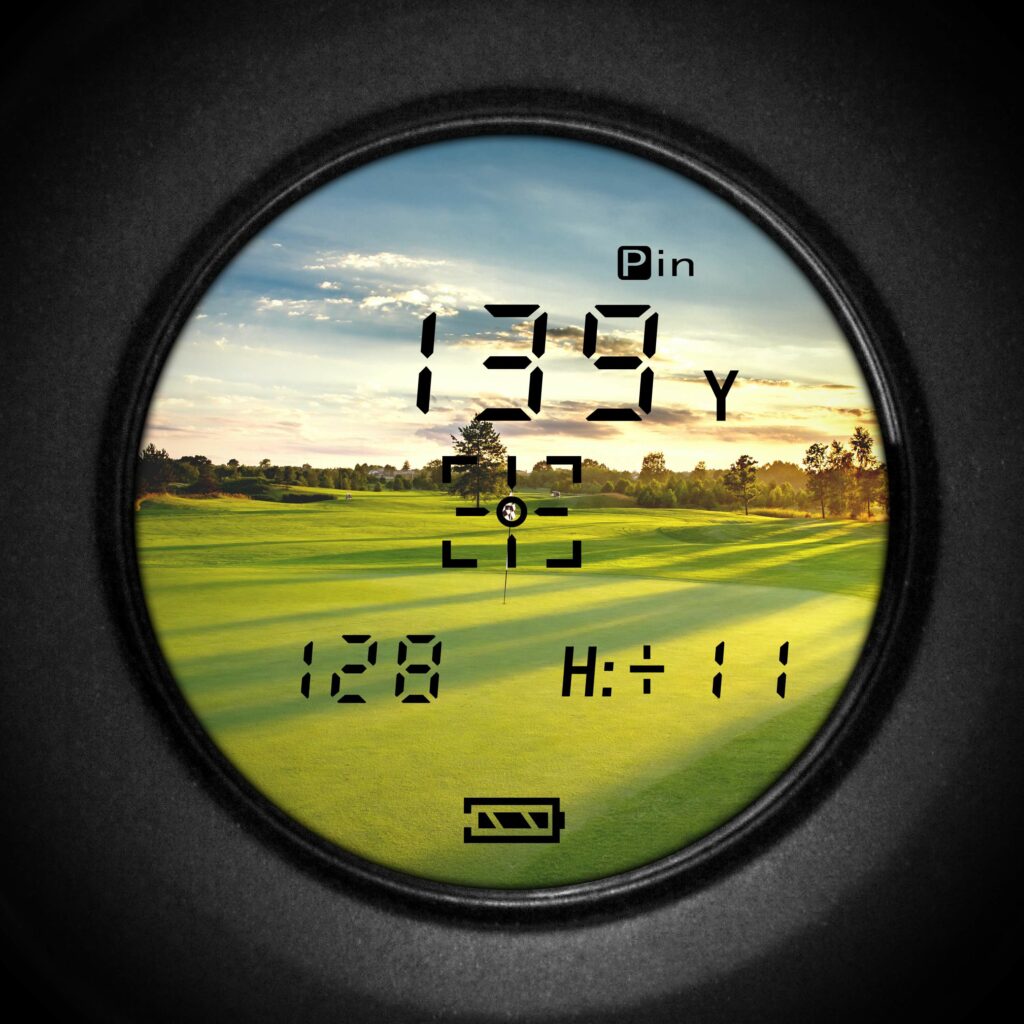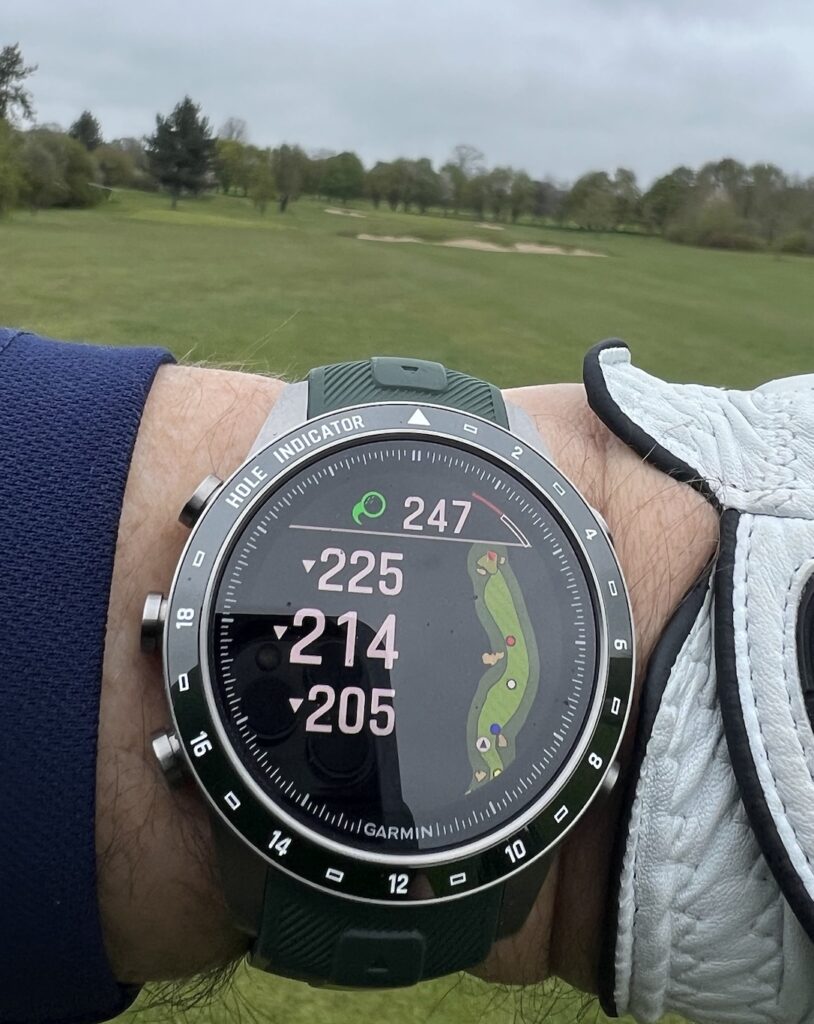Golf retail industry market research firm Golf Datatech has published its sixth comprehensive study covering the Distance Measuring Device market in the United States.
The 200-plus page report includes estimates of total market size by key product sub-category, which is exclusive to Golf Datatech, as well as usage trends, on- and off-course sales, preferences, likes, dislikes and much more.
Among the key findings of Golf Datatech’s study of more than 1,500 golfers who were categorised as ‘serious’, were that while the category declined in 2022, the total market was close to $180 million in sales and remains larger than for hybrid clubs, although slightly smaller than putters.
The study also shows that ‘Serious Golfers’ are moving toward lasers and smart watches and away from handheld GPS and dedicated wristwatch DMDs. Additionally, where golfers buy their DMDs has changed rapidly over the years, with online purchases soaring, particularly direct sales from the manufacturer.

“Golf continues to enjoy positive momentum, with total participation elevated and rounds played remaining strong,” said John Krzynowek, Partner, Golf Datatech. “Today’s golfer embraces technology and uses DMDs more frequently than ever before. When you combine increased usage/purchasing of DMDs by long-time players with new players wanting their own devices, sales remain at lofty levels.
“After riding the wave of popularity in Covid-era golf during 2020 and 2021, US DMD sales were lower in 2022, but they still remain almost 50% above pre-pandemic levels.”
The study provides many other insights into preferences and attitudes about DMDs, including how golfers believe laser rangefinders are more accurate than GPS-based devices, resulting in future purchase intent shifting toward lasers. Interest in smart watches also remains high, but it is still relatively small in comparison to GPS devices and lasers.

“Today, Golf Datatech is the only company in the world that has insights into US retail sales of DMDs and combining that data with our in depth understanding of consumer attitudes and practices places us in a unique position to project the full market,” said Krzynowek.
“Our research shows the DMD category has moved from a niche product used primarily by very good players 15 years ago, to being an essential part of almost every golfer’s equipment today. However, one of the most significant challenges for both manufacturers and retailers is that DMDs today are very durable, extremely accurate, rarely malfunction and don’t easily wear out. Getting current users to buy a new DMD to replace an older model remains a challenge.”
For more information on the 200+ page Distance Measuring Device Study, visit: https://bit.ly/DMDs2023


